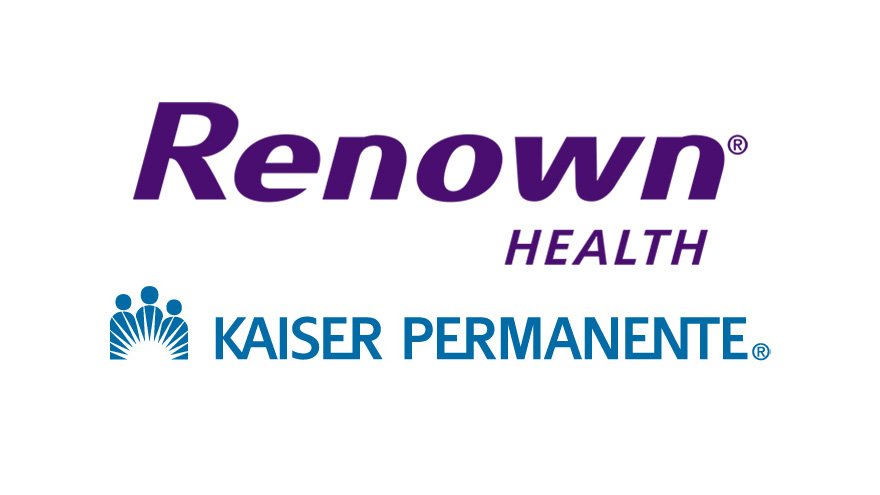

Study shows that many household wells need better drinking water treatment and monitoring
Outside of Nevada’s bustling cities, private wells are the primary source of drinking water, serving 182,000 people. Yet some of the tested private wells in Nevada are contaminated with levels of heavy metals that exceed federal, state or health-based guidelines, a new study published in Science of The Total Environment shows. Consuming water contaminated by metals such as arsenic can cause adverse health effects.
Scientists from DRI and the University of Hawaii Cancer Center recruited households with private wells through the Healthy Nevada Project. Households were sent free water testing kits, and participants were notified of their water quality results and recommended actions they could take. More than 170 households participated in the research, with the majority from Northern Nevada around Reno, Carson City and Fallon.
“The goals of the Healthy Nevada project are to understand how genetics, environment, social factors, and healthcare interact. We directly engaged our participants to better understand environmental contaminants that may cause adverse health outcomes,” said co-author Joseph Grzymski, PhD, research professor at DRI, principal investigator of the Healthy Nevada Project®, and chief scientific officer for Renown Health.
Nearly one-quarter (22%) of the private wells sampled had arsenic that exceeded safe levels determined by the Environmental Protection Agency (EPA) — with levels 80 times higher than the limit in some cases. Elevated levels of uranium, lead, cadmium, and iron were also found.
“We know from previous research that Nevada’s arid climate and geologic landscape produce these heavy metals in our groundwater,” says Monica Arienzo, PhD, an associate research professor at DRI who led the study. “It was important for us to reach out to community members with private wells to see how this is impacting the safety of their drinking water.”
Fewer than half (41%) of the wells sampled used water treatment systems, and some treated water samples still contained arsenic levels over EPA guidelines. Although average levels of heavy metal contaminants were lower in treated water, many homes were unable to reduce contaminants to levels considered safe.
The state leaves private well owners responsible for monitoring their own water quality, and well water testing helps ensure water is safe to drink. This study shows that more frequent testing is needed to ensure Nevada’s rural communities have safe drinking water. This is particularly important as the effects of climate change and population growth alter the chemistry of groundwater, potentially increasing metal concentrations.
“The results emphasize the importance of regular water quality monitoring and treatment systems,” said co-author Daniel Saftner, MS, assistant research scientist at DRI.
Although the research focused on wells in Nevada, other arid communities in Western states are facing similar risks of water contamination.
More information:
The full study, Naturally Occurring Metals in Unregulated Domestic Wells in Nevada, USA, is available from Science of The Total Environment: doi.org/10.1016/j.scitotenv.2022.158277.
This project was funded by an NIH award (#1R01ES030948-01). The Healthy Nevada Project was funded by grants from Renown Health and the Renown Health Foundation. Study authors included Monica M. Arienzo (DRI), Daniel Saftner (DRI), Steven N. Bacon (DRI), Erika Robtoy (DRI), Iva Neveux (DRI), Karen Schlauch (DRI), Michele Carbone (University of Hawaii Cancer Center) and Joseph Grzymski (DRI/Renown Health).
About DRI
The Desert Research Institute (DRI) is a recognized world leader in basic and applied environmental research. Committed to scientific excellence and integrity, DRI faculty, students who work alongside them, and staff have developed scientific knowledge and innovative technologies in research projects around the globe. Since 1959, DRI’s research has advanced scientific knowledge on topics ranging from humans’ impact on the environment to the environment’s impact on humans. DRI’s impactful science and inspiring solutions support Nevada’s diverse economy, provide science-based educational opportunities, and inform policymakers, business leaders, and community members. With campuses in Las Vegas and Reno, DRI serves as the non-profit research arm of the Nevada System of Higher Education. For more information, please visit dri.edu.
About Renown Health
Renown Health is Nevada’s largest, not-for-profit integrated healthcare network serving Nevada, Lake Tahoe, and northeast California. With a diverse workforce of more than 6,500 employees, Renown has fostered a longstanding culture of excellence, determination, and innovation. The organization comprises a trauma center, two acute care hospitals, a children’s hospital, a rehabilitation hospital, a medical group and urgent care network, and the locally owned not-for-profit insurance company, Hometown Health. Renown is currently enrolling participants in a community-based genetic population health study, the Healthy Nevada Project®.
About the University of Hawaiʻi Cancer Center
The University of Hawaiʻi Cancer Center through its various activities, including scientific research and clinical trials, adds more than $57 million to the Oʻahu economy. It is one of only 71 research institutions designated by the National Cancer Institute. An organized research unit within the University of Hawaiʻi at Mānoa, the UH Cancer Center is dedicated to eliminating cancer through research, education, patient care and community outreach with an emphasis on the unique ethnic, cultural, and environmental characteristics of Hawaiʻi and the Pacific. Learn more at https://www.uhcancercenter.org. Like us on Facebook at facebook.com/UHCancerCenter. Follow us on Twitter @UHCancerCenter.
Related News


Renown Health Becomes Nevada’s Only AAHRPP-Accredited Health System
